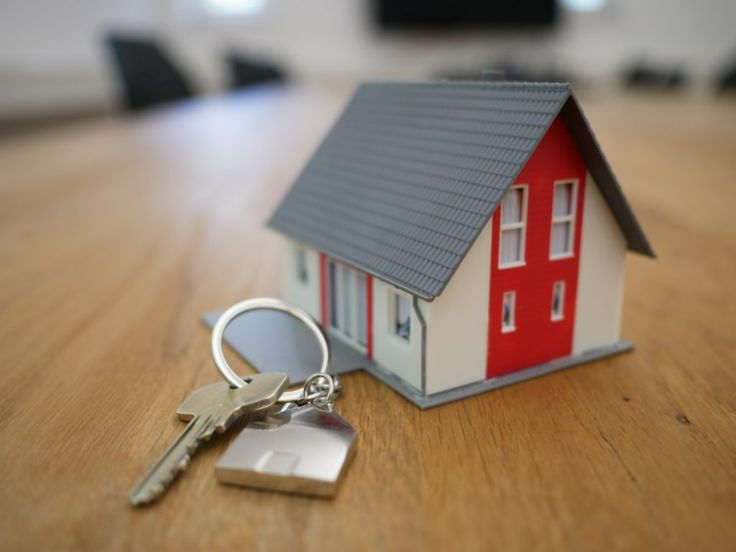Choosing between buying and renting a home is a decision that involves careful consideration of various factors. Both options have their own set of advantages and disadvantages, and the right choice depends on individual circumstances. In this blog post, we’ll break down the pros and cons of buying and renting, helping you make an informed decision based on your current situation.
Buying a Home:
Pros:
- Equity and Investment: When you buy a home, you are building equity over time, which can be seen as a long-term investment. As you pay off your mortgage, you’re essentially investing in your property, and its value may appreciate over the years.
- Stability and Personalization: Homeownership provides a sense of stability and the freedom to personalize your living space. You can make changes to the property according to your preferences without seeking permission from a landlord.
- Tax Benefits: Homeowners often enjoy tax advantages, such as deductions for mortgage interest and property taxes, potentially reducing their overall tax burden.
Cons:
- Upfront Costs and Maintenance: Buying a home involves significant upfront costs, including the down payment, closing costs, and ongoing maintenance expenses. Repairs and upkeep are the responsibility of the homeowner, adding to the overall financial commitment.
- Market Risks: The real estate market can be unpredictable. If property values decline, homeowners may find themselves with a property worth less than the mortgage owed, leading to potential financial loss.
- Limited Flexibility: Homeownership may limit your flexibility to relocate quickly for job opportunities or lifestyle changes. Selling a property can take time, and market conditions may impact the selling price.
Renting a Home:
Pros:
- Flexibility: Renting provides greater flexibility, allowing you to easily move to a new location without the financial constraints associated with selling a property. This is beneficial for those who anticipate changes in their career or personal circumstances.
- Lower Upfront Costs: Renting typically involves lower upfront costs than buying, as there’s no need for a substantial down payment or additional expenses like property taxes and maintenance.
- Predictable Expenses: Renters usually have predictable monthly expenses, with the landlord responsible for repairs and maintenance. This can provide a level of financial stability compared to the potential unpredictability of homeownership costs.
Cons:
- No Equity Building: Unlike homeownership, renting does not build equity. Monthly rent payments are essentially expenses without the long-term investment benefits associated with owning a property.
- Limited Personalization: Renters may face restrictions on personalizing their living space. Changes to the property often require approval from the landlord, limiting the ability to make significant alterations.
- Rent Increases: Rent prices can increase over time, potentially impacting your budget. While mortgage payments on a fixed-rate loan remain constant, renters may face higher costs as their lease renews.
The decision to buy or rent a home is a personal one, influenced by financial considerations, lifestyle preferences, and long-term goals. Consider your current circumstances, future plans, and financial capacity when making this crucial decision. Weigh the pros and cons carefully to find the option that aligns best with your unique situation, turning the place you call home into a true haven.




